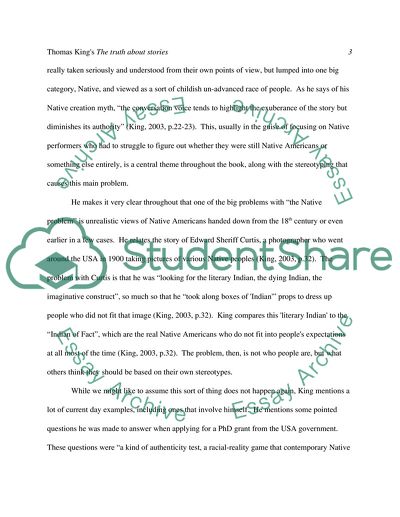Cite this document
(“Thomas King's Truth about Stories and Its Impact on Social Workers Assignment”, n.d.)
Retrieved from https://studentshare.org/social-science/1572298-book-reflection
Retrieved from https://studentshare.org/social-science/1572298-book-reflection
(Thomas King'S Truth about Stories and Its Impact on Social Workers Assignment)
https://studentshare.org/social-science/1572298-book-reflection.
https://studentshare.org/social-science/1572298-book-reflection.
“Thomas King'S Truth about Stories and Its Impact on Social Workers Assignment”, n.d. https://studentshare.org/social-science/1572298-book-reflection.


